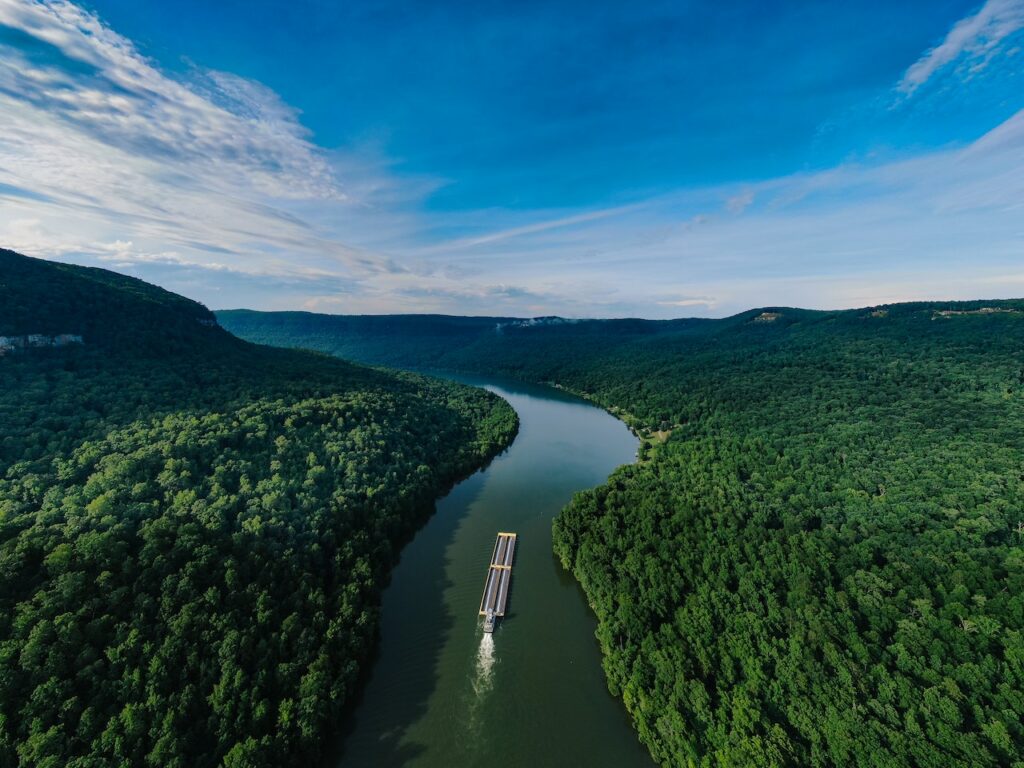


8 September, 2023
Following the plight of the UK’s rivers makes for grim reading, with frequent reports of water companies illegally dumping sewage and the recent development that threatens to rip up rules protecting rivers from housing developments.
But it’s not all bad news for all rivers. The Komi Memem river in Brazil has recently been granted legal personhood, meaning it is now classed as a living entity with legal rights. This follows in the footsteps of the Whanganui river in New Zealand, Canada’s Magpie river, hundreds of rivers in Bangladesh and more, as part of the Rights of Nature movement, a legal framework designed to give vulnerable non-human entities representation in courts and help give them greater protections.
Nature is typically seen as something distinct from the human world, there for us to enjoy, use or manipulate to our advantage, and it’s this approach that allows us to degrade ecosystems with little accountability. This is not the relationship the Wari’, the indigenous population who live by the Komi Memem river, have with nature. But they needed to use the language and incentives of established legal systems to protect their food and water sources from further harm from loggers, land-robbers and farmers.
The idea of giving legal personhood to nature might seem odd, but it’s what we do for businesses, so there is a precedent for establishing that legal personhood doesn’t only apply to people. And although it won’t put an end to the damage being done to ecosystems, it uses a powerful existing mechanism to create accountability for damage by allowing people to sue on behalf of ecosystems that can’t otherwise defend themselves against people.
The economy is a wholly owned subsidiary of nature, not the other way around. And while giving legal rights to nature is not the only solution to the biodiversity and nature loss crisis we are facing, it may be an important way to ensure that it is treated with the respect it, and we, both need.
By Patrick Bapty